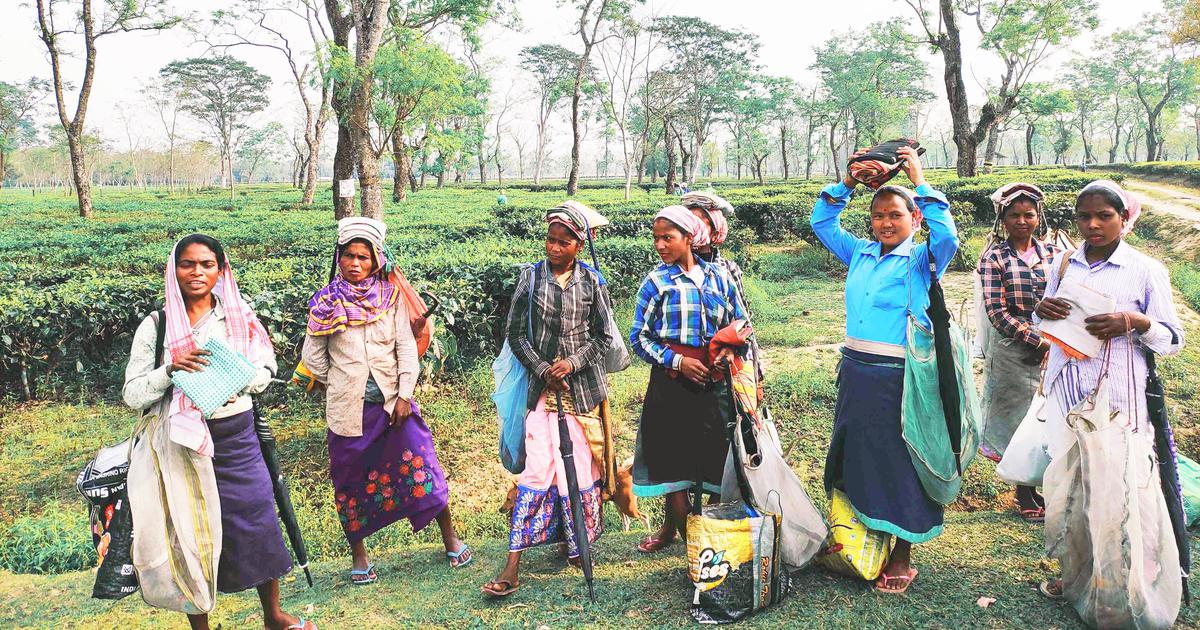A couple of months ago when the local Bharatiya Janata Party legislator visited Nilmoni Tea Estate in the Dibrugarh’s Rajgarh area, Kuwoti ...

A couple of months ago when the local Bharatiya Janata Party legislator visited Nilmoni Tea Estate in the Dibrugarh’s Rajgarh area, Kuwoti Orang became a bit of a hero.
A permanent worker in the garden for 12 years, she walked up to the front of the crowd as the MLA spoke about connecting the labour quarters to the electric grid soon. “You said that when you came to us asking for votes five years ago,” she interrupted. “Today, give us a timeline of when the post will be erected, when the lines will be drawn, or else don’t come to us seeking votes anymore.”
Within weeks, the Nilmoni Tea Estate’s labour lines – as the workers’ quarters are called – had electricity.
Desperation
It is easy to think of Orang’s outburst as a heartwarming story that reinforces the power of the ballot in a democracy. In truth, it is a sordid commentary on the deprivation that haunts the lives of the 65 lakh-odd people in Assam belonging to the “tea tribes”. The term is used for descendants of Adivasis largely from the Chotanagpur region in present-day Jharkhand who were brought by the British Raj to work as indentured labourers in Assam’s tea plantations starting the mid-19th...



